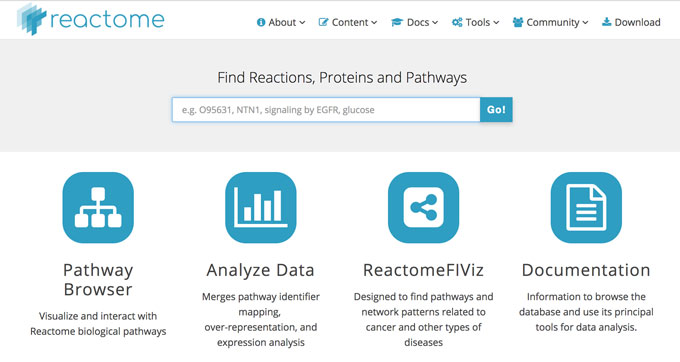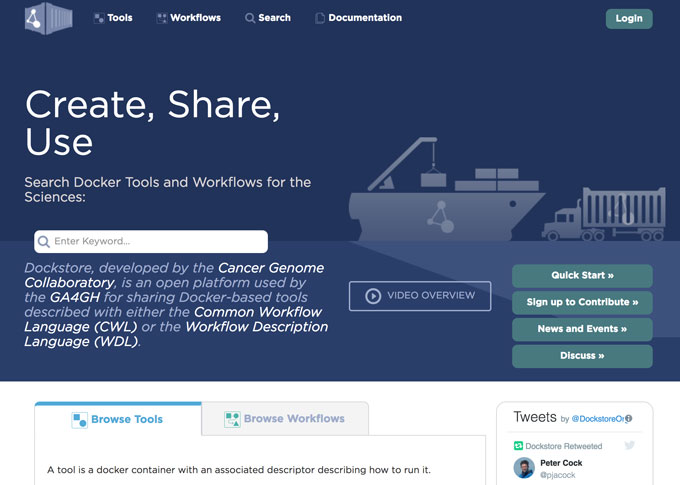
In the effort to bring better disease prevention and treatment to patients faster, cancer researchers are thinking more creatively about ways to conduct high-quality scientific research. Concerns about the quality, efficiency and reproducibility of research have motivated the open science movement – the growing trend of making data, methods, software and research more accessible to the greater scientific community.
Open source software (OSS), a major component of open science, enables research groups to reduce redundant efforts in software engineering by sharing software code and methods. In addition to improving efficiency, OSS promotes high-quality research by enabling collaboration, and helps make research easier to reproduce by making it more transparent.
Open source software, a major component of open science, enables research groups to reduce redundant efforts in software engineering
OICR researchers have contributed to major open source projects available to the global research community in order to accelerate cancer research. Read about some of OICR’s open source software projects below.
Reactome

A free, open source, curated and peer-reviewed pathway database for the visualization, interpretation and analysis of biological pathways.
The details: To manage the growing complexity and abundance of biological data, Reactome curates an open source database of pathways and processes. Reactome continues to develop online resources that provide efficient access to data on complex molecular interactions. This database is peer reviewed by external experts and cross-referenced to over 100 different bioinformatics resources.
Attracting more than 60,000 unique users per month, Reactome’s easy-to-use services are helping researchers across the globe gain faster access to the information they need.
Who should use it: Reactome is used by clinicians, geneticists, genomics researchers, and molecular biologists to interpret the results of high-throughput experimental studies, by bioinformaticians seeking to develop novel algorithms for mining knowledge from genomic studies and by systems biologists building predictive models of normal and disease variant pathways.
Dockstore

An open platform for sharing Docker-based tools described with either Common Workflow Language (CWL) or the Workflow Description Language (WDL).
The details: As genomic datasets continue to grow, the feasibility of downloading data to a local organization and running analysis on a traditional compute environment is becoming increasingly problematic. Large-scale international projects require standardized ways to share tools and workflows in the research community. To improve the portability of existing analysis algorithms, Dockstore was created – bringing together Docker images with standardized, machine-readable ways of describing and running the tools contained within.
Dockstore works with commercial workflow platforms like DNAstack, academic workflow platforms like Firecloud, and with standards organizations like the Global Alliance for Genomic and Health to ensure that Dockstore workflows can be launched easily while interoperating with other initiatives in the field.
Who should use it: Developers, especially those working on large-scale, distributed data, use Dockstore to ensure their tool/workflow is ready for distribution in a transparent, standardized and portable way. Individual users use Dockstore as a catalogue of available tools and workflows that work in a consistent and reliable way.
Find out more about Dockstore →
Read Part 2 of Open source in open science: Accelerating cancer research.
